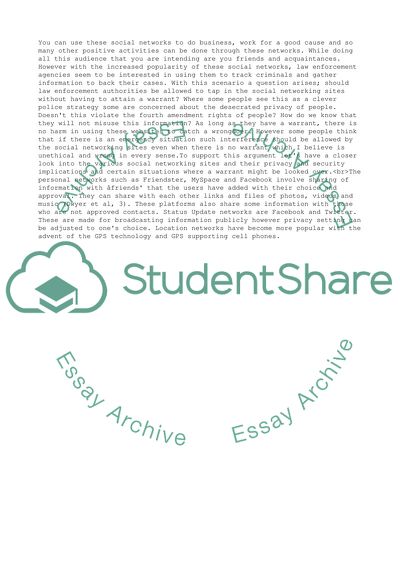Cite this document
(MGT. 201 - The Legal Environment of Business Essay, n.d.)
MGT. 201 - The Legal Environment of Business Essay. https://studentshare.org/information-technology/1795630-mgt-201-the-legal-environment-of-business
MGT. 201 - The Legal Environment of Business Essay. https://studentshare.org/information-technology/1795630-mgt-201-the-legal-environment-of-business
(MGT. 201 - The Legal Environment of Business Essay)
MGT. 201 - The Legal Environment of Business Essay. https://studentshare.org/information-technology/1795630-mgt-201-the-legal-environment-of-business.
MGT. 201 - The Legal Environment of Business Essay. https://studentshare.org/information-technology/1795630-mgt-201-the-legal-environment-of-business.
“MGT. 201 - The Legal Environment of Business Essay”. https://studentshare.org/information-technology/1795630-mgt-201-the-legal-environment-of-business.


